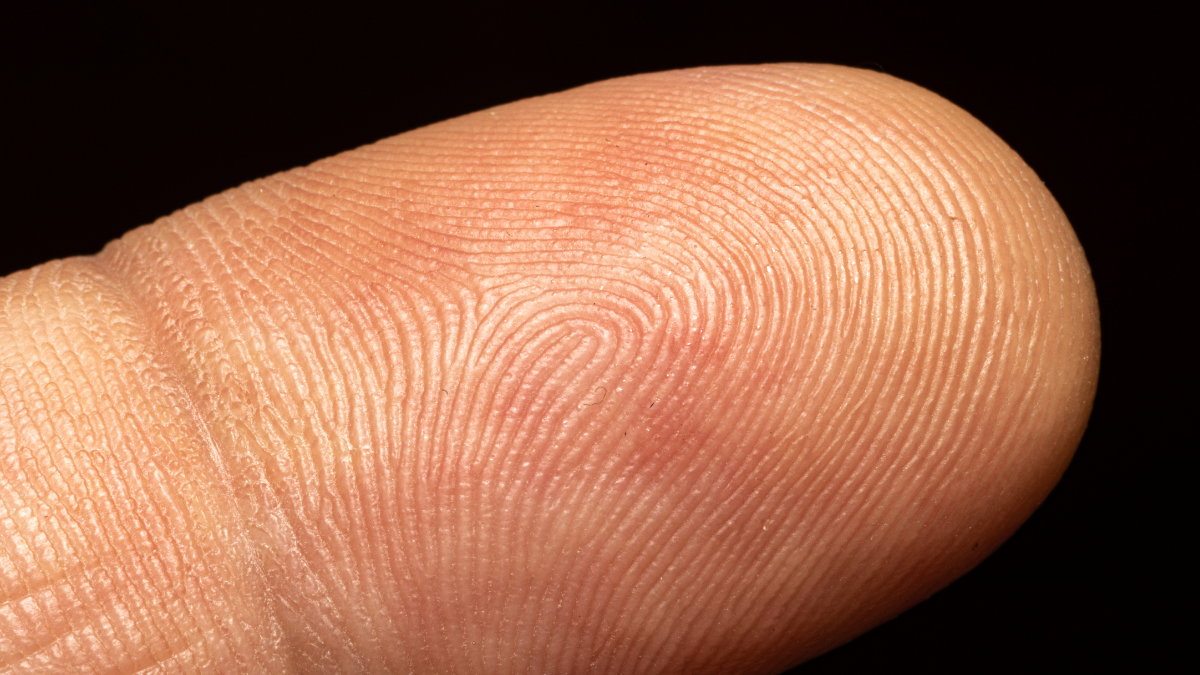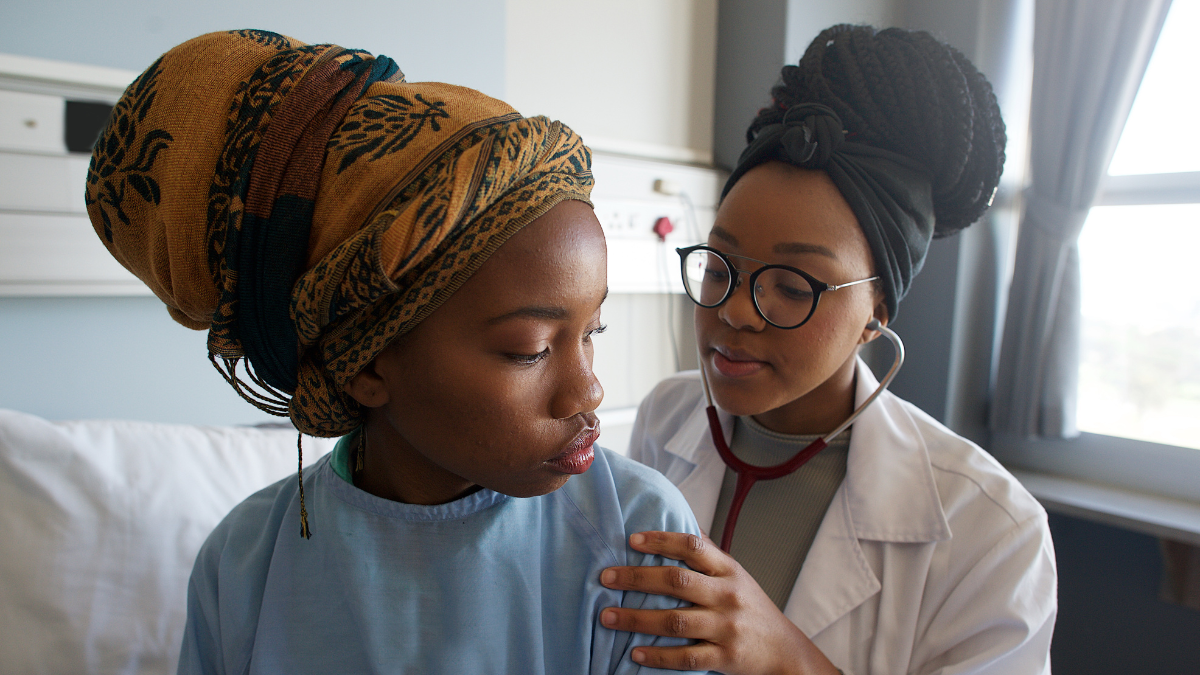Scientists can now detect antibiotics in your fingerprints – aiding the fight against drug-resistant TB
A fingerprint may soon be all a doctor needs to check whether tuberculosis patients are taking their antibiotics – thanks to a new study led by the University of Surrey.

Scientists successfully detected the drugs in finger sweat – and with almost the same accuracy as a blood test.
Curable tuberculosis (TB) is treated with antibiotics. If patients don’t stick to their full course, the treatment might not work, leading to drug-resistant TB instead.
Scientists wanted to know when was best to test, and whether they could tell how much medication the patient had taken.
To do so, they tested ten TB patients at the University Medical Center Groningen (UMCG), in the Netherlands.
It was very simple to collect our samples. We asked patients to wash their hands, put on a nitrile glove to induce sweating, and then press their fingertips onto a paper square.Dr Onno Akkerman, Pulmonary physician, University Medical Center Groningen
Finger sweat can be collected without any specialist training. Unlike blood, it isn’t a biohazard, so can be transported and stored much more easily.
We’re looking forward to working with Surrey to detect other TB drugs using this promising technique.

The samples were shipped to Surrey’s Ion Beam Centre and they were analysed using mass spectrometry – which breaks the sample down to see what it is made of.
Scientists detected antibiotics in finger sweat with 96% accuracy. The metabolite, produced by actually ingesting the drug, showed up with 77% accuracy.

The drug itself was present between one and four hours after ingestion, while a metabolised version showed up best after six hours.
The study is published in the International Journal of Antimicrobial Agents.
Related sustainable development goals

Featured Academics
Media Contacts
External Communications and PR team
Phone: +44 (0)1483 684380 / 688914 / 684378
Email: mediarelations@surrey.ac.uk
Out of hours: +44 (0)7773 479911


